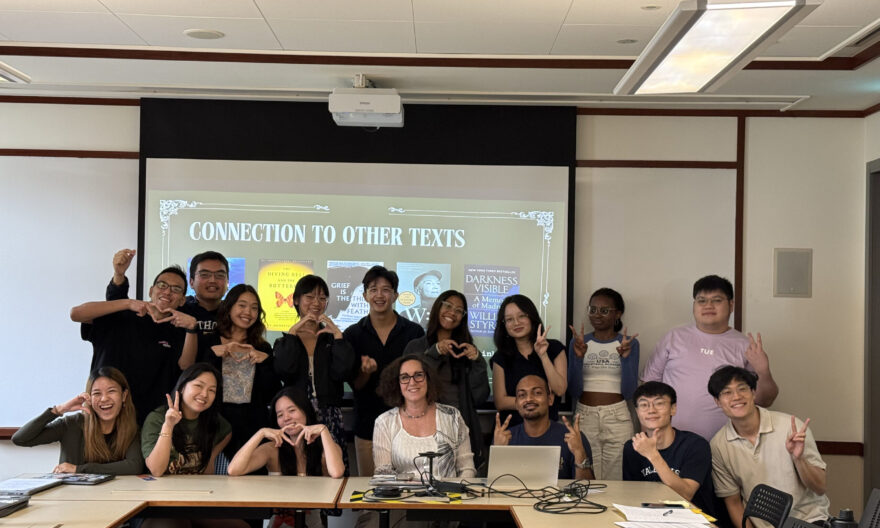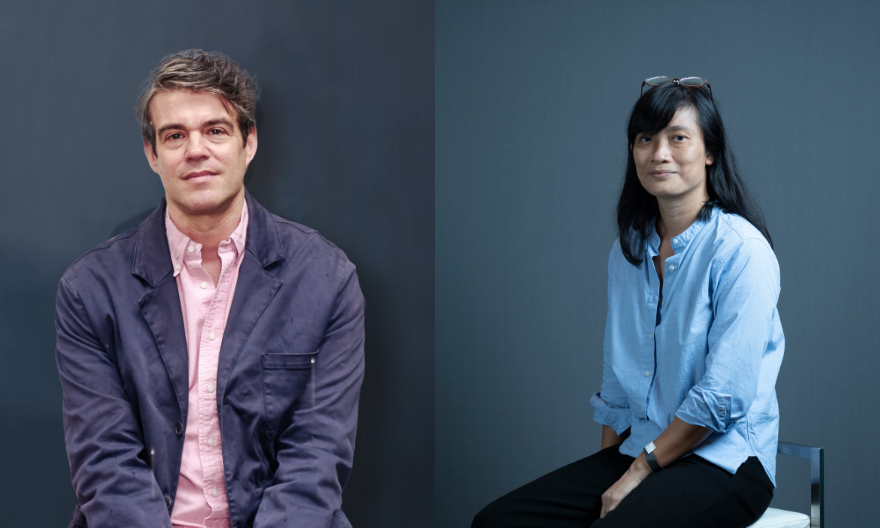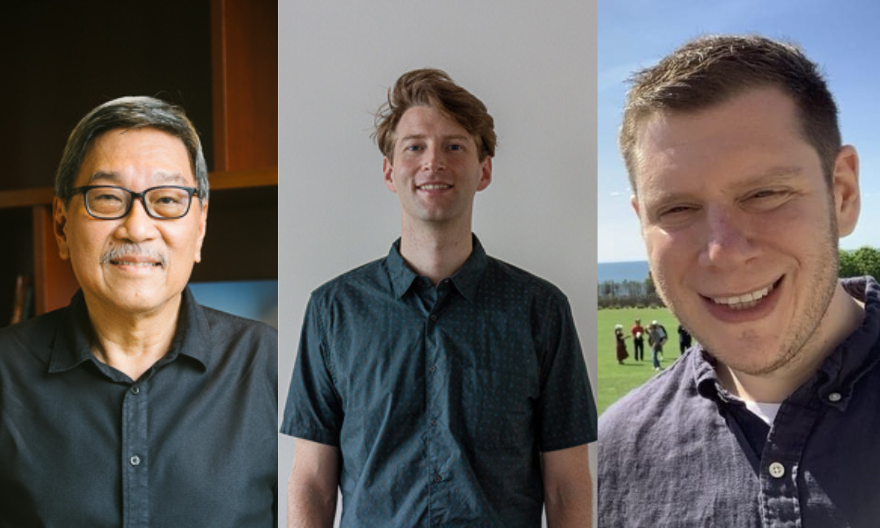Social Sciences curriculum at Yale-NUS offers a unique experience for students
One unique aspect of a Yale-NUS education is the broad-based multi-disciplinary curriculum, which allows students to delve into topics across the social and natural sciences, humanities and the arts.
Unlike other higher education institutions, Yale-NUS does not organise its faculty into traditional academic departments. Rather, it groups them into three interdisciplinary divisions, namely Social Sciences, Science, and Humanities. This encourages a multi-disciplinary approach to teaching, especially in the Common Curriculum, where classes are taught by teams of scholars with different expertise.
For example, the Comparative Social Institutions course under the Common Curriculum allows students to investigate central questions about society and the human condition from the perspective of a variety of social sciences such as economics, psychology, anthropology and more.
The intellectual focus of the social sciences is the systematic study of the social world, from individual human behaviour, to collective social formations, to enduring social institutions, such as the family, markets, and the state. At Yale-NUS, the Social Sciences curriculum is integrated into both disciplinary-defined and interdisciplinary majors. Students thinking about doing Social Sciences have the choice of a range of approaches to understanding social phenomena. As Divisional Director of Social Sciences, Professor Jane M Jacobs, explains, “Some disciplines, such as psychology, use a science-based, experimental methodology to better understand the individual in society. Other disciplines, such as economics, use quantitative reasoning to understand economic behaviour. While others, such as anthropology, are more qualitative in their approach.” In addition, the Yale-NUS programme boasts a number of exciting cross-disciplinary majors in Global Affairs, Urban Studies and Environmental Studies.
The various majors housed in the Division of Social Sciences offer students the opportunity to inquire deeply into specific questions and to acquire relevant skills for conducting research. Moreover, scholarship in the Social Sciences often has an explicit “moral imagination”, meaning that the science is conducted for the purpose of social or environmental benefit.
Professor Jacobs is excited about the next important developments in the Social Sciences curriculum. Primary among these is the delivery of the capstone experiences to the inaugural Class of 2017. The capstone experiences being finalised will offer students many options – some will provide students access to laboratory work, field experiments and ethnographies, while others will support scholarly reviews of literature and policy. The Division is also working closely with the Centre for International & Professional Experience (CIPE) to better integrate study abroad opportunities with the requirements of the majors.
Professor Jacobs is confident that students graduating from a major in the Division of the Social Sciences will “be equipped to make a difference in the world” and she encourages students who are not majors in the Social Sciences to pick up one of their courses as an elective. As she notes, “ Many of our courses provide students with training in social scientific methods and perspectives that are relevant to the real world and much sought after by employers”.
All Yale-NUS students select a major at the end of their second year of study. The majors are designed to give students ample scope and flexibility to explore their interest in a chosen area of knowledge, while providing direction and depth to their studies.
This story is part of our feature on the three academic divisions at Yale-NUS. To find out more about our Science curriculum, read the interview with our Science Divisional Director here. We will be bringing you our next story on the Humanities curriculum, so do stay tuned!





